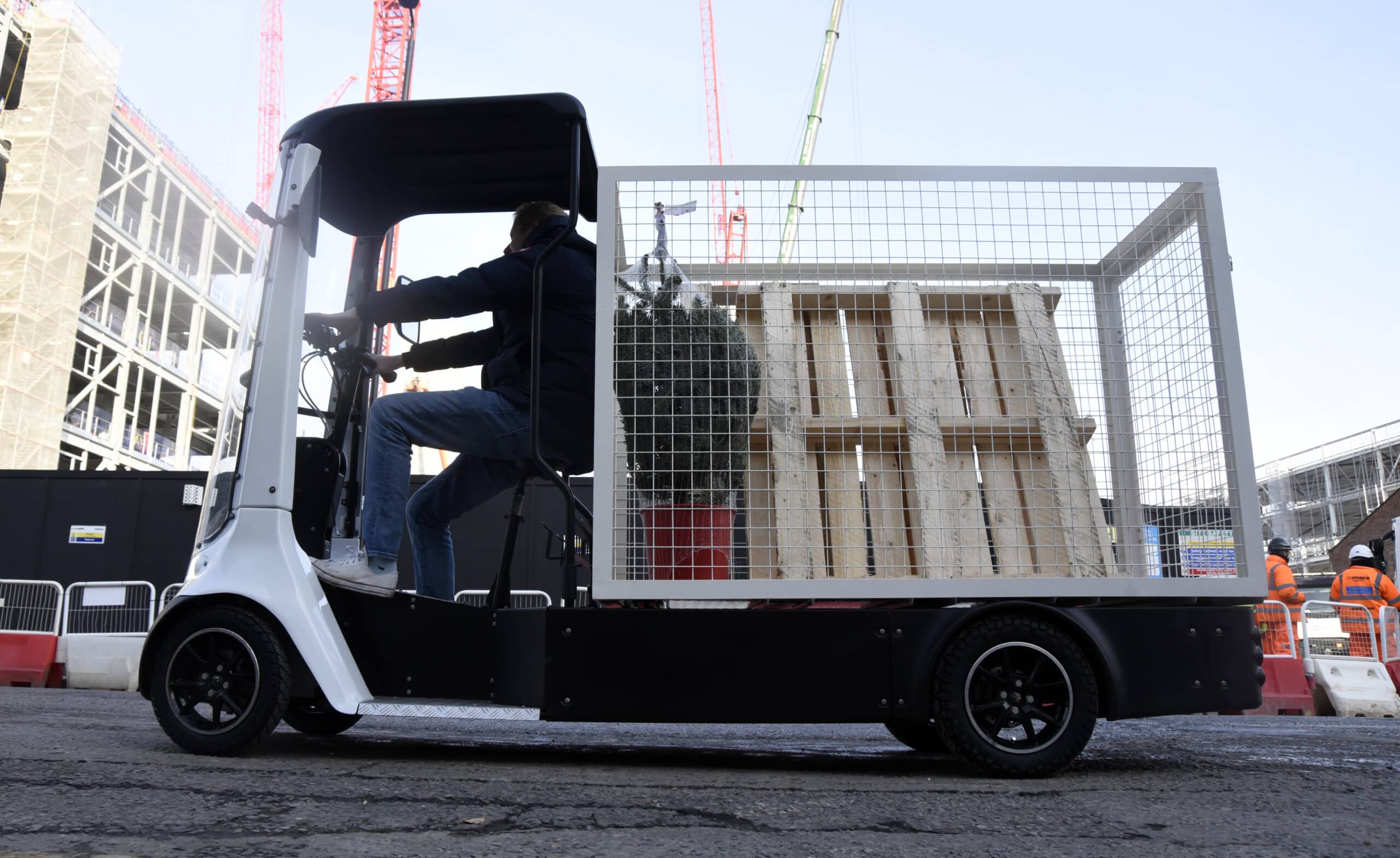Cities around the world are under immense pressure to reduce their carbon footprints and shift towards more sustainable waste management solutions. Traditional waste collection methods, typically reliant on diesel trucks, contribute significantly to urban pollution and greenhouse gas emissions.
Fernhay’s eQuad is an innovative response to this challenge. More than just an electric vehicle, the eQuad represents a step forward in the evolution of waste management — one that is quieter, cleaner, and built for the future of sustainable cities.
Why Zero-Emission Waste Collection Matters
Reducing emissions has become a global priority as cities seek to combat climate change and improve the quality of life for their residents. Waste collection, a daily necessity for maintaining urban cleanliness, is often overlooked in the sustainability conversation. However, the carbon emissions from diesel-powered waste trucks make up a significant portion of a city’s overall carbon footprint.
For example, diesel trucks:
- Release harmful pollutants like CO2, nitrogen oxides, and particulate matter.
- Contribute to poor air quality, leading to health problems such as asthma and respiratory diseases.
- Add to noise pollution, particularly in high-density urban areas.
Switching to zero-emission alternatives like Fernhay’s eQuad is crucial in addressing these issues. By integrating sustainable waste collection into the broader urban infrastructure, cities can significantly reduce their environmental impact while also improving the well-being of their inhabitants.
How the eQuad Enables a Zero-Emission Future
Fernhay’s eQuad is not just another electric vehicle — it is specifically engineered to meet the unique demands of urban waste collection while contributing to a zero-emission future. Here’s how:
1. All-Electric Power, No Fossil Fuels
The eQuad is powered by a robust electric motor, meaning it does not rely on any fossil fuels. Unlike traditional diesel trucks that emit large amounts of CO2, the eQuad runs purely on electricity, ensuring that waste collection services can operate without adding to a city’s carbon footprint.
By eliminating diesel dependency, the eQuad helps cities work towards their carbon neutrality goals. Whether it’s for recycling programs, regular waste pickup, or organic compost collection, this vehicle makes it possible to carry out daily operations without emissions.
2. Supporting Clean Energy Initiatives
The eQuad’s electric nature opens up opportunities for integration with broader clean energy initiatives. Many cities are investing in renewable energy sources such as wind or solar power. By charging eQuad fleets through clean energy grids, waste management operations can be aligned with these initiatives, making the entire waste collection process part of a city’s green ecosystem.
In regions where clean energy infrastructures are being developed, adopting vehicles like the eQuad helps accelerate the transition to a more sustainable future. It also reduces reliance on non-renewable energy sources, providing a blueprint for other cities to follow.
3. Reduces Urban Heat and Air Pollution
Cities with high levels of vehicle emissions experience not only poor air quality but also an increase in urban heat — a phenomenon known as the Urban Heat Island Effect. Diesel engines are a major contributor to this problem, as they generate both air pollution and excess heat in crowded areas.
The eQuad, by producing no emissions, helps cool urban environments. The absence of pollutants like nitrogen oxides (NOx) and particulate matter (PM) means cleaner air, reducing the public health risks associated with air pollution.
With the eQuad, cities can:
- Improve air quality.
- Reduce the impact of heat in congested areas.
- Promote healthier living conditions for residents.
The eQuad as a Symbol of Urban Sustainability
Beyond its technical features, Fernhay’s eQuad serves as a symbol of what the future of urban waste management can look like: a system where essential services like waste collection no longer rely on polluting technologies, but rather on clean, innovative solutions that benefit the environment and the people living in cities.
By investing in fleets of eQuads, municipalities can position themselves as leaders in sustainability. The eQuad demonstrates how cities can balance their need for efficient waste collection with their environmental responsibilities. Its adoption reflects a shift toward smarter urban planning, one that prioritizes long-term sustainability over short-term convenience.
Conclusion: Paving the Way to a Zero-Emission Urban Future
The transformation of waste management is critical to achieving the broader goals of sustainability and reducing emissions in urban environments. Fernhay’s eQuad is at the forefront of this transformation, offering a zero-emission, highly efficient solution for waste collection that is both environmentally friendly and economically viable.
As cities continue to grow and evolve, the eQuad will play a pivotal role in helping urban areas reduce their carbon footprints, improve air quality, and contribute to a cleaner, greener future for all. By making waste collection part of the zero-emission conversation, Fernhay is helping cities worldwide take meaningful steps towards sustainability.

